Lida Group Unveils High Quality Mobile House Series Using Advanced Prefab Building Techniques for Temporary Sandwich Panel Homes
2025-Aug-25 11:00:12
By Admin
Introduction
The construction industry has been witnessing a paradigm shift in recent years, with prefabricated building techniques emerging as a game-changer. Prefabrication, or prefab, involves the construction of building components in a factory setting and then transporting them to the final construction site for assembly. This method offers numerous advantages over traditional on-site construction, including faster construction times, higher quality control, reduced waste, and enhanced sustainability.
The Lida Group, a renowned name in the construction industry, has recognized the potential of prefabricated building techniques and has been actively involved in their development and application. With a commitment to innovation and quality, the Lida Group has recently introduced a new series of high-quality mobile houses that are set to revolutionize the market for temporary sandwich panel homes.
The Lida Group: A Pioneer in the Construction Industry
The Lida Group has a rich history and a strong reputation in the construction industry. With years of experience and a team of highly skilled professionals, the group has established itself as a leading manufacturer and supplier of a wide range of construction products and services.
The Lida Group’s manufacturing capabilities are truly impressive. They operate state-of-the-art production facilities equipped with the latest machinery and technology. These facilities are spread across multiple locations, allowing the group to meet the diverse needs of its customers both locally and globally. With a focus on efficiency and productivity, the Lida Group has implemented streamlined production processes that enable them to produce a large volume of high-quality products in a short period.
Over the years, the Lida Group has successfully completed numerous projects, both in the domestic and international markets. Their portfolio includes a wide range of projects, from small-scale residential developments to large-scale commercial and industrial projects. Some of their notable projects include the construction of temporary shelters for disaster relief efforts, the establishment of labor camps for large construction projects, and the development of modular office buildings. These projects not only showcase the group’s technical expertise but also their ability to deliver projects on time and within budget.
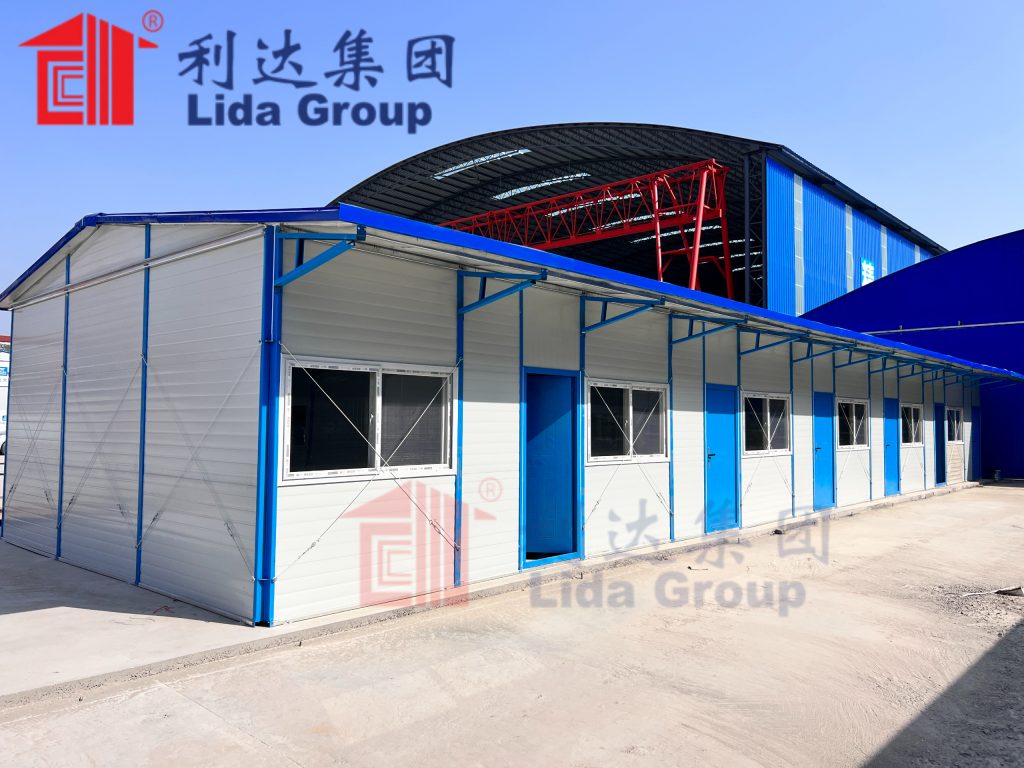
Advanced Prefab Building Techniques Employed by Lida Group
Automated Manufacturing Processes
One of the key features of the Lida Group’s prefab building techniques is the extensive use of automated manufacturing processes. In their production facilities, state-of-the-art robotic systems and computer-controlled machinery are used to fabricate the various components of the mobile houses. These automated systems are capable of performing complex tasks with a high degree of precision and accuracy. For example, robotic arms are used to cut, shape, and weld the steel frames of the houses, ensuring that each component is identical in size and quality. This not only improves the overall quality of the products but also significantly reduces production time. In traditional manual manufacturing processes, the fabrication of a single steel frame could take several hours, but with automated systems, the same task can be completed in a matter of minutes.
Modular Construction Approach
The Lida Group follows a modular construction approach in the production of their mobile houses. The houses are designed and fabricated in modular units, which are then assembled on-site. Each module is a self-contained unit that includes all the necessary components, such as walls, floors, ceilings, and even interior finishes. This modular approach offers several advantages. Firstly, it allows for greater flexibility in design. Customers can choose from a range of standard modules or customize their own based on their specific requirements. Secondly, modular construction reduces on-site construction time as the modules can be assembled quickly and easily. For example, a standard two-bedroom mobile house can be assembled on-site in a matter of days, compared to weeks or even months with traditional construction methods. Additionally, the modular approach makes it easier to transport the houses to different locations, as the individual modules can be easily loaded onto trucks.
Precision Engineering and Quality Control
Precision engineering is at the heart of the Lida Group’s prefab building techniques. Every component of the mobile houses is designed and manufactured to the highest standards of precision. The use of advanced computer-aided design (CAD) and computer-aided manufacturing (CAM) technologies ensures that the components fit together perfectly during assembly. This not only enhances the structural integrity of the houses but also improves their overall performance.
Quality control is another area where the Lida Group excels. They have implemented a rigorous quality control system at every stage of the production process, from the sourcing of raw materials to the final inspection of the completed houses. All raw materials are carefully selected and tested to ensure their quality and durability. During the manufacturing process, regular inspections are carried out to detect and correct any defects. And before the houses are shipped to the customers, they undergo a final comprehensive inspection to ensure that they meet all the quality and safety standards. This strict quality control regime ensures that every mobile house that leaves the Lida Group’s production facilities is of the highest quality.
Features and Benefits of Lida Group’s Mobile House Series
High-Quality Sandwich Panels
The Lida Group’s mobile houses are constructed using high-quality sandwich panels. These panels consist of two outer layers of steel or other durable materials, with an insulating core in between. The insulating core is typically made of materials such as expanded polystyrene (EPS), polyurethane (PU), or rock wool. The use of sandwich panels offers several advantages. Firstly, they provide excellent thermal insulation, helping to keep the interior of the houses cool in summer and warm in winter. This not only improves the comfort of the occupants but also reduces energy consumption and costs. Secondly, sandwich panels are lightweight, which makes them easy to transport and install. Despite their lightweight nature, they are also highly durable and can withstand harsh weather conditions. Thirdly, the panels are available in a variety of colors and finishes, allowing for a wide range of design options. For example, customers can choose panels with a smooth finish for a modern look or panels with a textured finish for a more rustic appearance.
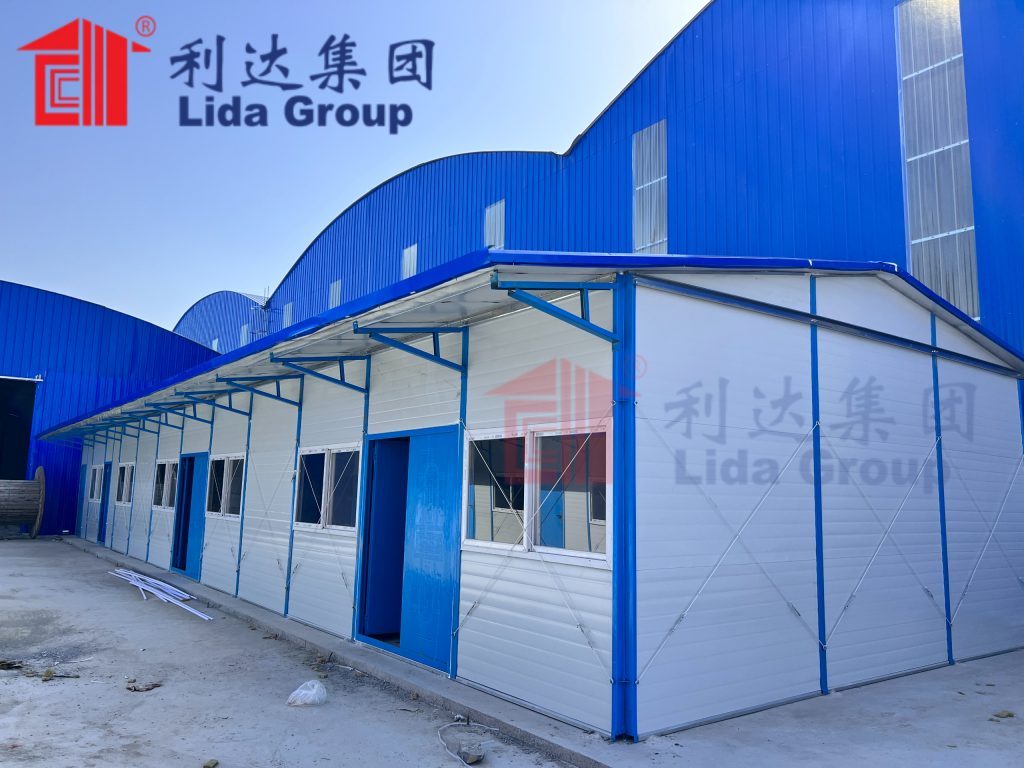
Customizable Design Options
One of the major attractions of the Lida Group’s mobile house series is the wide range of customizable design options available. Customers can choose from a variety of floor plans, sizes, and layouts to suit their specific needs. Whether it’s a small single-room mobile house for a temporary office or a large multi-bedroom house for a family, the Lida Group can accommodate the requirements. In addition to the basic structure, customers can also customize the interior finishes, such as flooring, wall coverings, and fixtures. They can choose from a range of materials and styles to create a personalized living or working space. For example, they can opt for wooden flooring for a warm and cozy feel or tile flooring for a more durable and easy-to-clean option. The ability to customize the design of the mobile houses makes them suitable for a wide range of applications, from residential to commercial and industrial.
Quick and Easy Installation
Thanks to the modular construction approach and the use of prefabricated components, the installation of the Lida Group’s mobile houses is quick and easy. The prefabricated modules can be transported to the site and assembled by a team of skilled workers in a short period. The installation process typically involves connecting the modules together using bolts or other fastening systems and then installing the necessary utilities, such as plumbing and electrical systems. In many cases, the houses can be made ready for occupancy within a few days of the start of the installation process. This is a significant advantage, especially in situations where time is of the essence, such as in disaster relief efforts or in the case of construction projects where temporary accommodation is required urgently.
Durability and Longevity
The Lida Group’s mobile houses are built to last. The use of high-quality materials and advanced construction techniques ensures their durability and longevity. The steel frames of the houses are designed to withstand strong winds, earthquakes, and other natural disasters. The sandwich panels are also highly resistant to wear and tear, and they have a long lifespan. With proper maintenance, these mobile houses can serve their purpose for many years. In fact, many of the Lida Group’s mobile houses that were installed several years ago are still in excellent condition and are being used regularly. This durability not only provides value for money to the customers but also reduces the need for frequent replacements, which is beneficial for the environment.
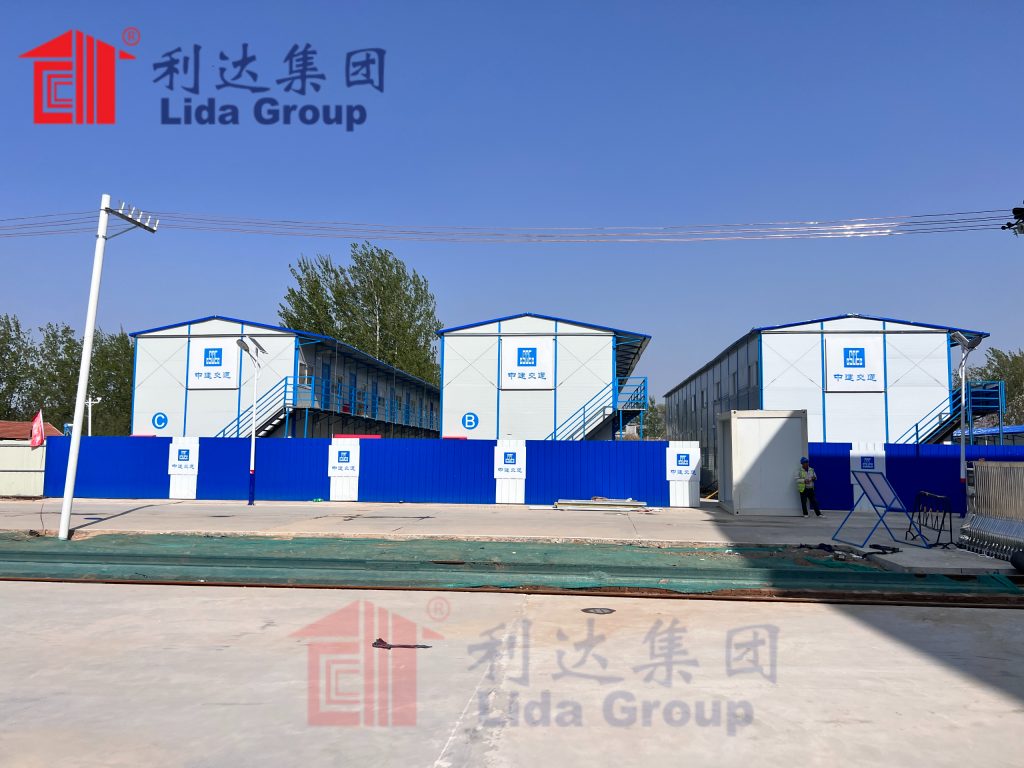
Cost-Effectiveness
In addition to the numerous technical and functional advantages, the Lida Group’s mobile house series also offers excellent cost-effectiveness. The use of prefabricated building techniques reduces production costs as compared to traditional on-site construction. The automated manufacturing processes and the economies of scale achieved by the Lida Group result in lower production costs per unit. Moreover, the quick installation time reduces labor costs and minimizes the overall project duration, which in turn reduces associated costs such as site rental and equipment hire. Additionally, the energy-efficient design of the houses helps to reduce long-term operating costs. Overall, the Lida Group’s mobile houses offer a cost-effective solution for those in need of temporary or permanent housing, without compromising on quality or functionality.
Applications of Lida Group’s Mobile House Series
Temporary Accommodation for Construction Sites
One of the primary applications of the Lida Group’s mobile house series is providing temporary accommodation for construction sites. Construction projects often require a large number of workers to be on-site for an extended period. The mobile houses can be used to create comfortable and functional living quarters for the workers. They can be easily installed near the construction site, providing a convenient and safe place for the workers to rest and relax. The customizable design options allow for the creation of different types of accommodation, such as single rooms for individual workers or multi-bedroom units for families. The quick installation time ensures that the accommodation can be made available as soon as the workers arrive on-site.
Disaster Relief Shelters
In the aftermath of natural disasters such as earthquakes, floods, and hurricanes, there is an immediate need for temporary shelters for the affected population. The Lida Group’s mobile houses are ideally suited for this purpose. Their quick and easy installation, along with their durability and comfort, make them an excellent choice for disaster relief shelters. The houses can be rapidly deployed to the affected areas and set up to provide a safe and secure living environment for the displaced people. The high-quality sandwich panels offer protection from the elements, and the customizable design can be adjusted to meet the specific needs of the disaster victims. For example, larger units can be used to accommodate families or groups, and communal areas can be created for dining, cooking, and socializing.
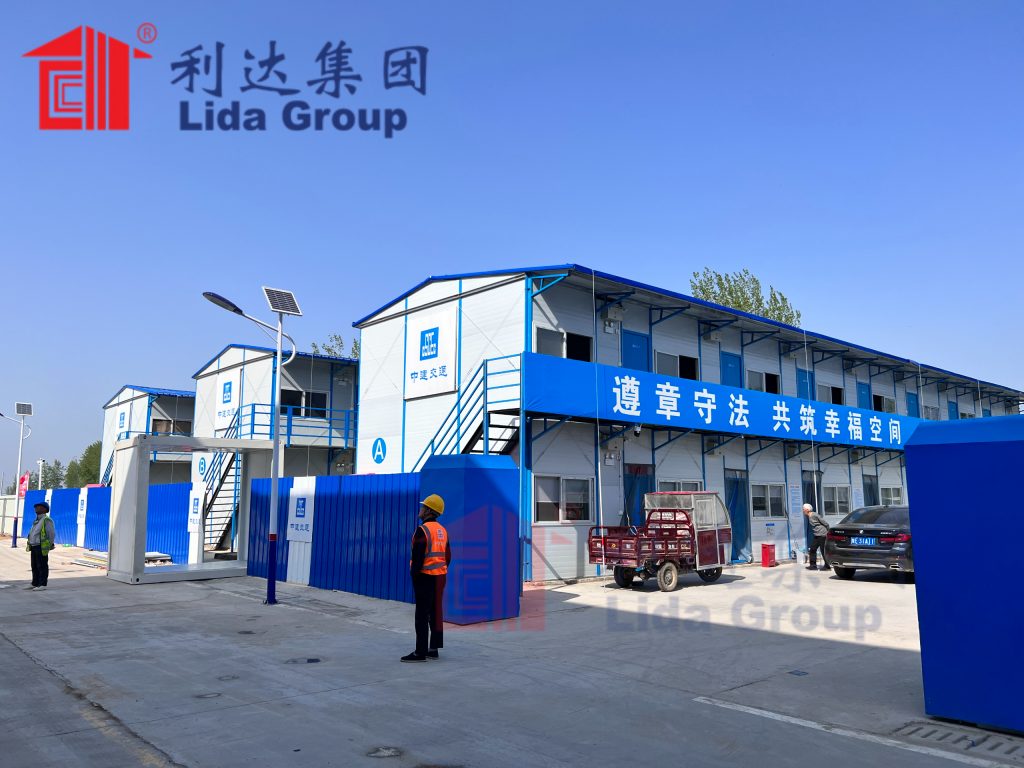
Modular Office Buildings
The Lida Group’s mobile house series can also be used to create modular office buildings. Many businesses, especially those in the construction, oil and gas, and mining industries, require temporary or semi-permanent office spaces. The mobile houses can be customized to create functional office environments, complete with workspaces, meeting rooms, and storage areas. The ability to easily relocate the office buildings as the business needs change is a significant advantage. The energy-efficient design of the houses also helps to reduce operating costs, making them a cost-effective option for businesses. Additionally, the modern and customizable design of the mobile houses can create a professional and comfortable working environment for employees.
Educational and Healthcare Facilities
In some cases, the Lida Group’s mobile houses have been used to establish temporary educational and healthcare facilities. In areas where there is a shortage of permanent infrastructure or in the aftermath of a disaster, these mobile houses can be quickly converted into classrooms, clinics, or even small hospitals. The customizable design allows for the installation of the necessary equipment and fixtures to meet the specific requirements of these facilities. For example, classrooms can be equipped with desks, chairs, and blackboards, while clinics can be fitted with examination tables, medical equipment, and storage cabinets. The use of mobile houses for educational and healthcare facilities provides a flexible and cost-effective solution to meet the immediate needs of the community.
Impact on the Construction Industry and Society
Transformation of the Construction Process
The introduction of the Lida Group’s mobile house series, with its advanced prefab building techniques, is having a profound impact on the construction industry. It is challenging the traditional construction methods and forcing the industry to adapt and innovate. The use of automated manufacturing processes and modular construction is changing the way buildings are designed, fabricated, and assembled. This transformation is leading to increased efficiency, higher quality, and reduced costs in the construction process. More and more construction companies are now looking towards prefabrication as a viable alternative to traditional on-site construction, and the Lida Group’s success in this area is setting a new standard for the industry.
Contribution to Sustainable Development
Sustainability is a major concern in today’s world, and the construction industry has a significant role to play in this regard. The Lida Group’s mobile house series contributes to sustainable development in several ways. Firstly, the use of prefabricated building techniques reduces waste as the components are fabricated in a controlled factory environment with precise material usage. Secondly, the energy-efficient design of the houses helps to reduce energy consumption and greenhouse gas emissions. Thirdly, the durability and long lifespan of the houses mean that they do not need to be replaced frequently, which reduces the overall environmental impact. By promoting sustainable construction practices, the Lida Group is helping to create a more sustainable future for the construction industry and society as a whole.
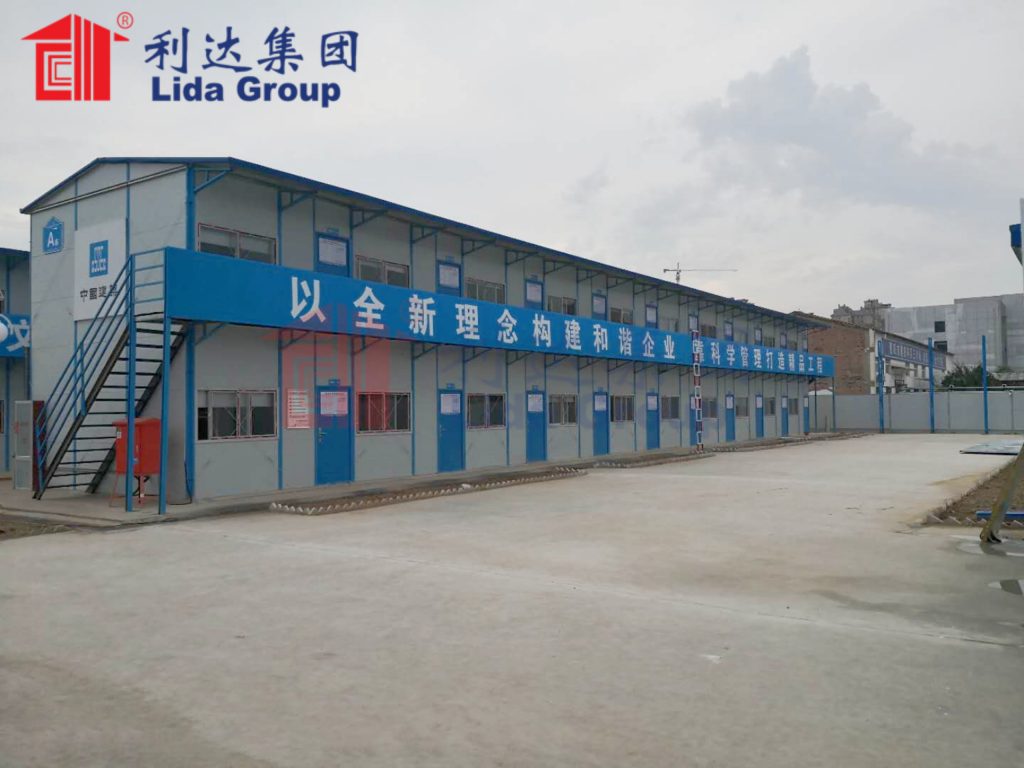
Improved Living and Working Conditions
The Lida Group’s mobile houses are also having a positive impact on the living and working conditions of people. In the case of construction sites, the comfortable and safe accommodation provided by these houses improves the well-being of the workers, which in turn can lead to increased productivity. In disaster-stricken areas, the shelters offer a sense of security and normalcy to the affected population, helping them to recover and rebuild their lives. For businesses, the modular office buildings create a professional and comfortable working environment, which can enhance employee satisfaction and performance. And in the case of educational and healthcare facilities, the mobile houses provide a functional and accessible space for learning and treatment, improving the quality of life in the community.
Challenges and Future Outlook
Current Challenges in Prefabricated Building
Despite the numerous advantages of prefabricated building techniques, there are still some challenges that need to be addressed. One of the main challenges is the initial investment required for setting up the production facilities and acquiring the necessary technology. This can be a significant barrier for some companies, especially smaller ones. Another challenge is the perception of prefabricated buildings as being of lower quality or less aesthetically pleasing compared to traditional buildings. There is also a need for more standardized regulations and codes for prefabricated buildings, as the current ones may not fully address the unique aspects of this construction method. Additionally, the transportation and logistics of moving the prefabricated components to the construction site can sometimes be complex and costly.
Future Developments and Innovations
Looking to the future, the Lida Group and the construction industry as a whole are likely to see continued developments and innovations in prefabricated building techniques. The Lida Group is expected to further invest in research and development to improve the efficiency and quality of their products. This may include the use of new and advanced materials, the development of more sophisticated automated manufacturing processes, and the integration of smart technologies into their mobile houses. In the broader industry, there is likely to be an increased focus on sustainability, with more emphasis on using recycled and renewable materials in prefabricated construction. There may also be greater collaboration between different stakeholders, such as architects, engineers, manufacturers, and contractors, to further optimize the prefabrication process.
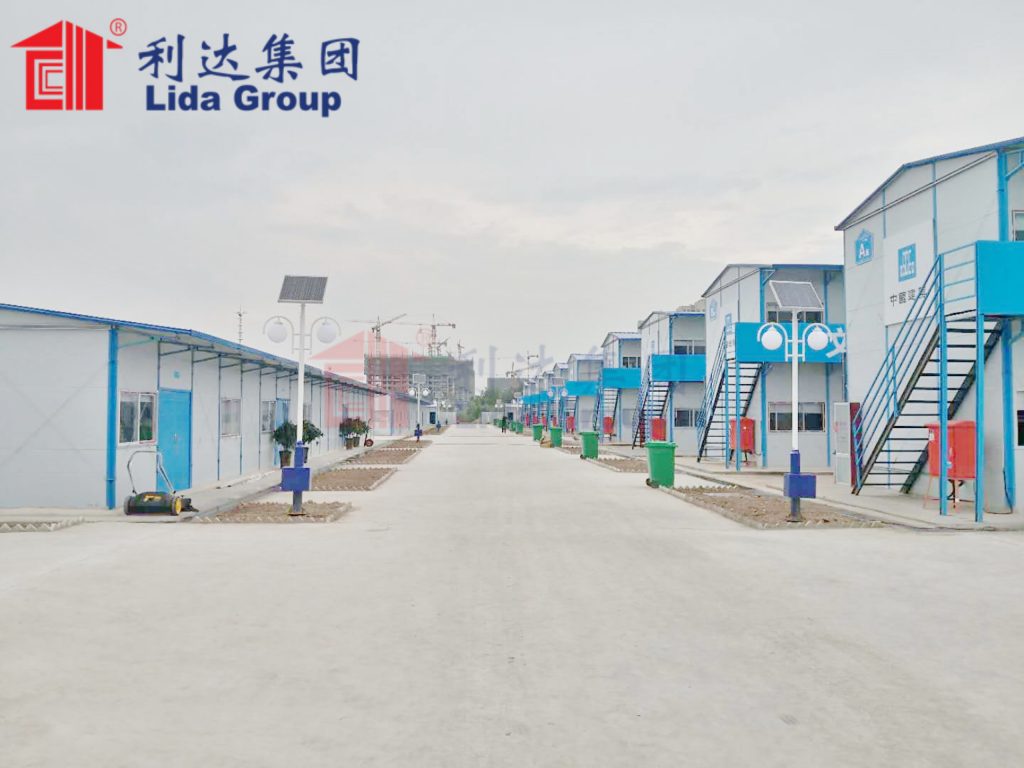
Potential Expansion of the Market
As the advantages of prefabricated building techniques become more widely recognized, the market for Lida Group’s mobile house series and similar products is expected to expand. The demand for temporary and semi-permanent housing, as well as modular buildings for various applications, is likely to increase in both developed and developing countries. The Lida Group, with its established reputation and technological expertise, is well-positioned to capture a significant share of this growing market. They may also explore new markets and applications for their products, such as in the tourism industry for the creation of mobile holiday homes or in the military for the establishment of temporary bases.
Conclusion
In conclusion, the Lida Group’s unveiling of the high-quality mobile house series using advanced prefab building techniques for temporary sandwich panel homes is a significant development in the construction industry. The group’s use of automated manufacturing processes, modular construction approach, and precision engineering has resulted in a range of mobile houses that offer numerous features and benefits, including high-quality sandwich panels, customizable design options, quick and easy installation, durability, and cost-effectiveness. These mobile houses have a wide range of applications, from providing temporary accommodation for construction sites and disaster relief shelters to creating modular office buildings and educational and healthcare facilities.
The impact of the Lida Group’s mobile house series on the construction industry and society is far-reaching. It is transforming the construction process, contributing to sustainable development, and improving living and working conditions. While there are still some challenges to be overcome in the field of prefabricated building, the future looks promising with continued developments and innovations expected. The potential for market expansion is also significant, and the Lida Group is well-poised to take advantage of this growth. Overall, the Lida Group’s mobile house series represents a step forward in the quest for more efficient, sustainable, and high-quality building solutions, and it is likely to have a lasting impact on the construction industry for years to come.
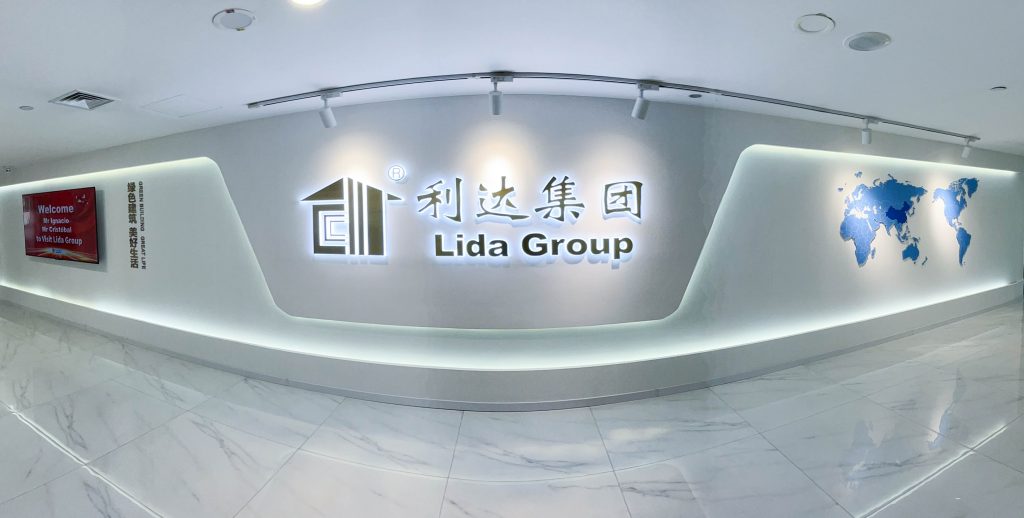
Related news
-
Future-Ready Sites: Lida Group Integrates IoT Monitoring into Container Worker Dormitories Through Smart Prefab Building Systems
2025-08-25 10:22:47
-
Luxury Temporary Living: High-Quality Container Houses by Lida Group Transform Worker Dormitory Expectations with Prefab Amenities
2025-08-22 16:24:09
-
Typhoon-Resistant Housing: Container Worker Dormitories Feature Lida Group's Reinforced Prefab Building Structures for Coastal Projects
2025-08-22 11:59:49
contact us
- Tel: +86-532-88966982
- Whatsapp: +86-13793209022
- E-mail: sales@lidajituan.com


